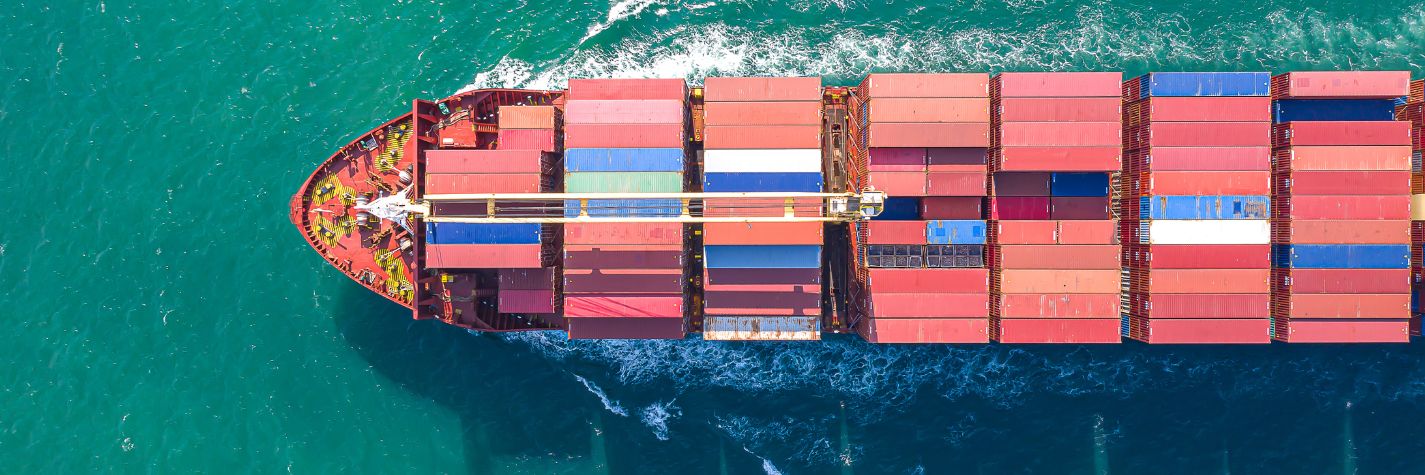The Bahamas (Northern Region)
Turks and Caicos
Amsterdam
Cyprus
Cayman Islands
Jamaica
Barbados
British Virgin Islands

August 07 2024
Businesses have a legal duty to comply with anti-money laundering (AML) regulations. That requires being mindful of the inherent risks within your supply chains as well as the legal requirements of other jurisdictions. The expert commercial lawyers at ParrisWhittaker are experienced in advising businesses on the risks associated with their supply chains and internally.
An international case involving alleged forced labour and criminal property recently concluded in the Court of Appeal of England and Wales, clarifying the duty of law enforcement to make lawful decisions on whether to investigate. Businesses should be aware the ruling has important persuasive effect in the Bahamas.
In the UK, it is a criminal offence under the Proceeds of Crime Act (POCA to (among other forms of conduct) to acquire, use and possess criminal property. Property derived from oversees forced labour amounts to criminal property.
However, there is what’s known as the “adequate consideration” statutory exception: if criminal property is purchased by a business for an amount not significantly less than its value, even if the business knows it is criminal property, they do not commit an offence when making the purchase.
There are similar provisions in the Bahamas under sections 5 and 11 of the Proceeds of Crime Act 2018. At issue in this case was the appropriate approach by law enforcement to the reports of property being supplied in the course of business as a result of forced labour and other criminality.
In April 2020 the World Uyghur Congress (WUC) sent evidence to the UK’s organised crime agency, the National Crime Agency (NCA), purporting to show that forced labour and human rights abuses were taking place in the Uyghur Region. It believed cotton from that region was likely the result of it.
However, the NCA decided not to accede to the WUC’s request to investigate the cotton imports for potential money laundering offences under POCA. The NCA suggested two reasons for not having a “proper basis” to investigate:
The Court of Appeal disagreed with the NCA’s reasons and said it had misapplied the law. A purchaser (or importer) who suspects the goods to be the product of human rights abuses such as forced labour cannot rely on the statutory exceptions (including the “adequate consideration” exception).
Given that the NCA’s decision was unlawful, the court quashed it and the NCA now has to reconsider whether to investigate.
The decision is clear that if an organisation knows – or even suspects – that products it sells or buys could be the result of human rights abuses or other relevant criminality, it could well be committing an offence.
They then face potential investigation, prosecution and confiscation proceedings – not to mention significant reputational damage.
The fact that market value (“adequate consideration”) for goods took place at a point in the supply chain does not mean the product was no longer criminally tainted. Businesses must work hard to understand every party in its supply chain and its methods of operation.
For specialist advice and presentation, contact the award-winning commercial litigation team at ParrisWhittaker on +1.242.352.6112 or info@parriswhittaker.com
1R (oao World Uyghur Congress) v NCA [2024] EWCA Civ 715
CLOSE X
